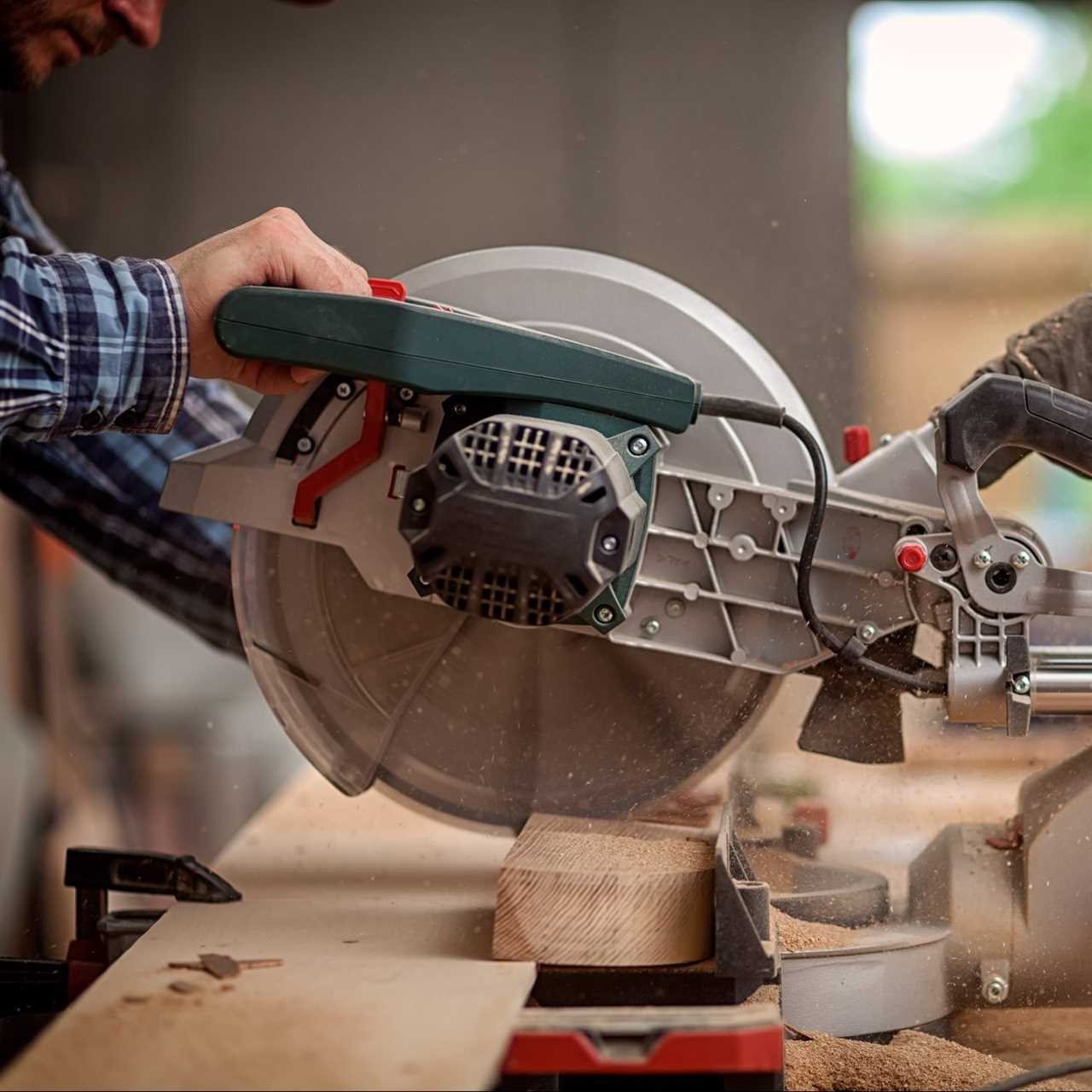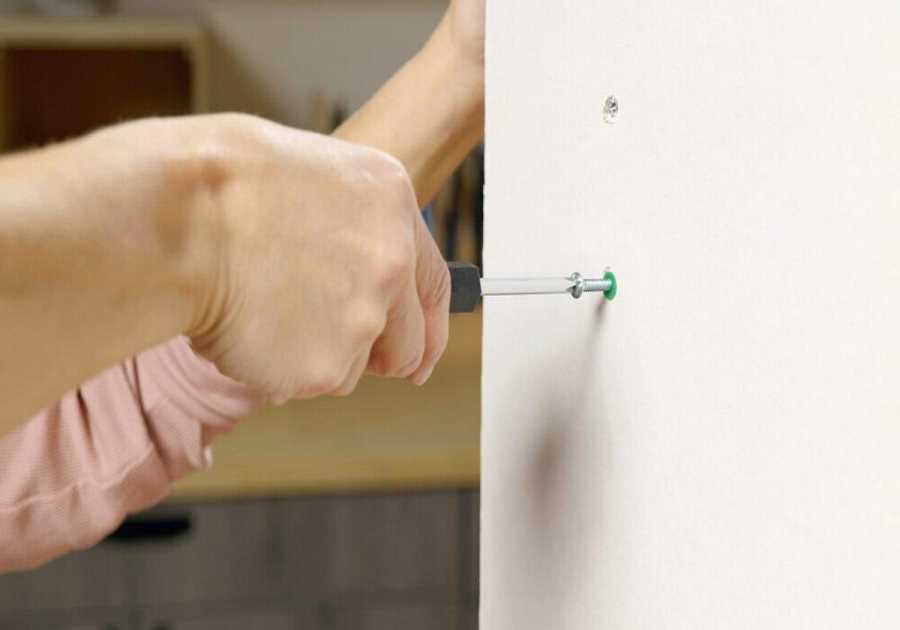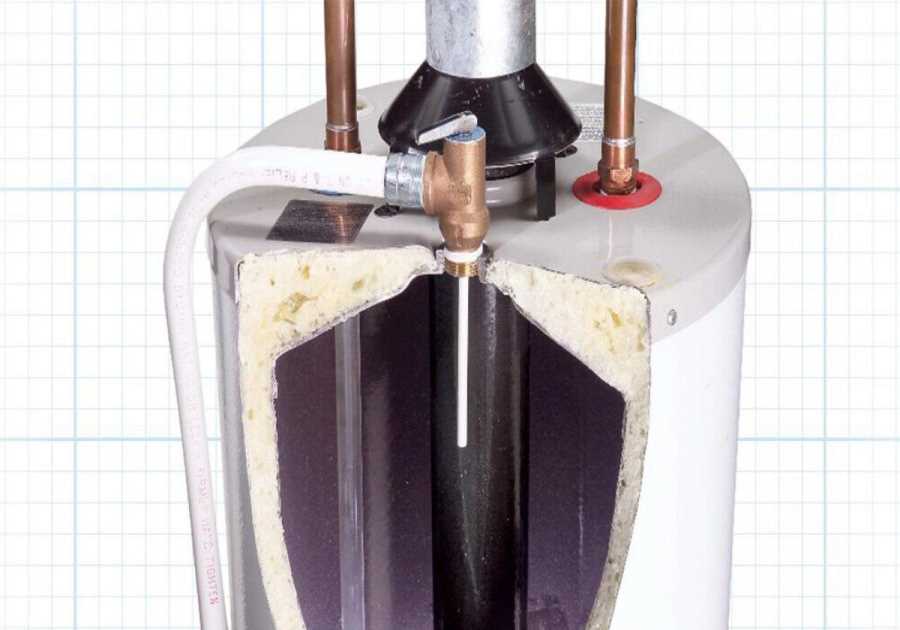
Buying a Miter Saw Blade
Most miter saws ship from the factory with a blade that’s good but not great. Whether you’re looking to upgrade to a better option or replace a blade that’s gone dull, we’ve rounded up a selection of great miter saw blades.
But first, let’s look at some of the top features and traits to look for in a miter saw blade.
- Blade size. This is simply the blade’s diameter; 10-in. and 12-in. are the most common sizes. Smaller trim saws often use 7-1/4-in. or 8-1/2-in. blades.
- Teeth. Tooth geometry can be complex, but we’ll focus on the number of teeth on the blade. In general, blades with more teeth give a finer finish but cut slower than those with fewer teeth. Some blade teeth have tungsten-carbide tips. These last longer and can be resharpened more often.
- Arbor/bore size. The hole in the middle of the blade is called a bore, and it slips over the saw’s arbor. (Some manufactures use different terms such as “mandrel” or “blade mount,” but we’ll stick with arbor and bore.) Most 10-in. saws have a 5/8-in. arbor, while 12-in. saws have a 1-in. arbor. Double-check your saw’s arbor size before buying blades.
- Kerf width. A blade’s kerf is the width of the cut. Narrow-kerf blades are good choices for material like plywood or laminates because they reduce chipping.
- Stabilizer vents. These are the wavy lines and holes cut in the body plate of some blades. Stabilizer vents allow hot blades to expand without warping, while also reducing overall heat and noise.
Note: Retailers list some blades as “circular saw blades” or “table saw blades.” That’s because identically-sized blades can be swapped out between tools. All the blades on this list are particularly good choices for miter saws.
Did you miss our previous article...
https://rsssuperfeeds.com/life-hacks/9-tools-to-make-gardening-with-disabilities-easier






